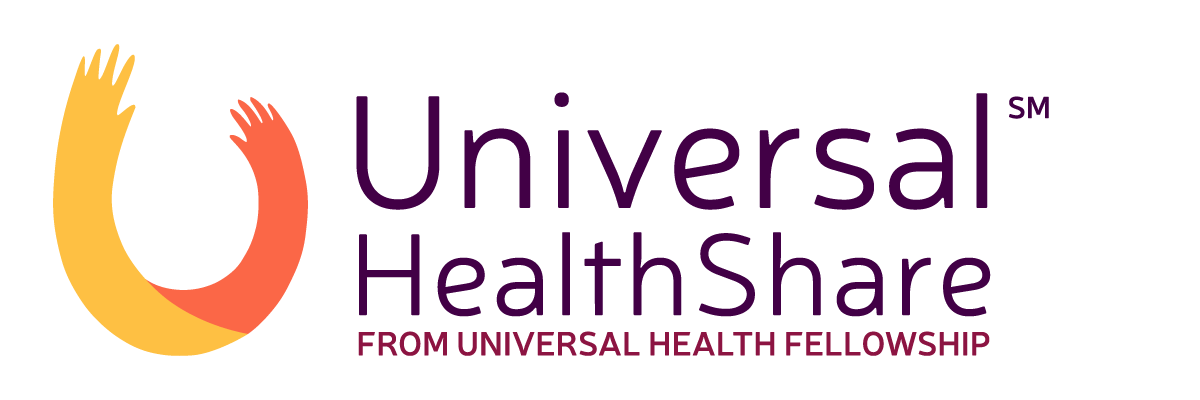Financial hardships are currently affecting many people, due to economic stress in housing, food, and especially healthcare. According to the latest CreditWise survey (conducted in December of 2020), 73% of Americans listed finances as their number one stressor. And these financial issues are taking a toll on our health.
High levels of financial stress, as with any other high level of stress, is linked to increased rates of heart disease, diabetes, headaches, depression, sleeplessness, a compromised immune system, heart arrhythmia, high blood pressure, digestive issues, and more. These health issues can even grow into larger health events, leading to greater financial stress and instability. So what can you do?
General Stress Management
- Eat a health, balanced diet as often as possible
- Avoid drinking alcohol
- Exercise regularly, even if it’s a quick walk around the block after dinner
- Avoiding smoking and using nicotine products
- Minimize time spent on your phone
- Do something you enjoy every day – read a book, watch a TV show or movie, practice a hobby
- Reduce your caffeine intake
- Spend time with family and friends
Budget Checkups
Checking in with your budget regularly will keep you aware of how your money is being spent. Maybe you used to love that streaming service, but now you hardly watch it. Or maybe you signed up for a free trial and forgot to cancel. Knowing exactly where you money is going and areas you can potentially save on can help ease financial stress.
Extra Income Sources
To help ease some stress, consider adding an extra revenue source to your household. This could come in the form of investing, decluttering your house and selling what you don’t need, or marketing digital skills on a freelance marketplace website.
Find Ways to Save on Healthcare

Unfortunately, it’s no surprise that Americans spend such a large portion of their annual income on healthcare. High health insurance premiums, deductibles, co-pays, and other out-of-pocket costs are only a few of the expenses connected with health and wellness in the United States. The cost of medical treatment is the single most important element driving healthcare expenditures in the United States, accounting for 90 percent of total spending. These costs represent the rising expense of caring for people with chronic or long-term medical illnesses, as well as the rising costs of new drugs, surgeries, and medical technologies.
A Universal HealthShare program from Universal Health Fellowship can help you and your loved ones save money and alleviate some of the financial load that medical expenditures place on you. Monthly contributions to the Universal HealthShare are up to 40% cheaper than regular monthly insurance premiums. Non-sharable amounts (NSA) are as low as $1,000 for an individual and $4,500 for a family. This great new alternative to traditional health insurance is a chance to avoid some of that financial stress.
To read more about financial stress and how to cope, check out this article from Verywell Mind.


